Description
Ifafonal Diazepam 10 mg: Uses, Dosage, Side Effects, and Precautions
Introduction
Ifafonal Diazepam 10 mg is a medication that belongs to the benzodiazepine class of drugs. It is commonly prescribed to treat various conditions, including anxiety disorders, muscle spasms, seizures, and alcohol withdrawal symptoms. In this article, we will delve into the uses, dosage, side effects, and precautions associated with Ibafonal Diazepam 10 mg.
Uses of Ifafonal Diazepam 10 mg
Ifafonal Diazepam 10 mg has several therapeutic uses. It is primarily prescribed for the following conditions:
1. Anxiety Disorders: Ifafonal Diazepam 10 mg is frequently prescribed to manage anxiety disorders, such as generalized anxiety disorder (GAD), panic disorder, and social anxiety disorder. It helps reduce excessive anxiety, nervousness, and tension.
2. Muscle Spasms: The medication is often used to alleviate muscle spasms, including those associated with conditions like muscle strain, cervical dystonia, and spasticity from neurological disorders.
3. Seizure Disorders: Ifafonal Diazepam 10 mg is effective in controlling certain types of seizures, such as absence seizures, myoclonic seizures, and tonic-clonic seizures. It is sometimes prescribed as an adjunct medication in combination with other antiepileptic drugs.
4. Alcohol Withdrawal: It can be used to manage symptoms of alcohol withdrawal syndrome, including tremors, agitation, and hallucinations. Ifafonal Diazepam 10 mg helps calm the central nervous system and mitigate the potentially dangerous effects of alcohol withdrawal.
If this one does not meet your needs or interests, you may want to look at Tramacet 37.5mg/325mg. Please visit this link for further information on our Pain medicine.
Dosage of Ifafonal Diazepam 10 mg
The dosage of Ifafonal Diazepam 10 mg may vary depending on the specific condition being treated and individual patient factors. It is crucial to follow the prescribed dosage instructions provided by your healthcare professional. Generally, the recommended dosage guidelines are as follows:
1. Anxiety Disorders: The usual starting dose for anxiety disorders is 2 mg to 10 mg, taken orally two to four times daily. The dosage may be adjusted based on individual response and tolerability. The maximum recommended daily dose is typically 30 mg.
2. Muscle Spasms: For muscle spasms, the initial dosage is usually 2 mg to 10 mg, taken three to four times daily. The dose can be adjusted as needed, but it is important to adhere to the prescribed limits.
3. Seizure Disorders: The dosage for seizure disorders depends on the type of seizure and the patient’s age. Typically, the starting dose is 2 mg to 10 mg, taken two to four times daily. The dose may be increased gradually under medical supervision.
4. Alcohol Withdrawal: In cases of alcohol withdrawal, the initial dose is usually higher, ranging from 10 mg to 20 mg, taken three to four times during the first 24 hours. The dosage may be gradually tapered down over several days.
Side Effects and Precautions
While Ifafonal Diazepam 10 mg can be effective in treating various conditions, it is essential to be aware of potential side effects and precautions associated with its use. Common side effects may include drowsiness, dizziness, fatigue, impaired coordination, and confusion. These side effects are generally mild and temporary but should be reported to your healthcare provider if they persist or worsen.
Certain precautions should be taken when using Ifafonal Diazepam 10 mg:
1. Dependency and Withdrawal: Benzodiazepines like Ifafonal Diazepam 10 mg can be habit-forming if used for prolonged periods. Abrupt discontinuation or sudden dosage reduction may lead to withdrawal symptoms. It is crucial to follow the prescribed dosage and consult your doctor before making any changes.
2. Central Nervous System Depression: Ifafonal Diazepam 10 mg can cause central nervous system depression, leading to drowsiness and impaired cognitive and motor skills. It is advised to avoid activities that require mental alertness and coordination, such as driving or operating heavy machinery.
3. Pregnancy and Breastfeeding: Ifafonal Diazepam 10 mg may pose risks to the developing fetus and should be used with caution during pregnancy. It can also pass into breast milk, potentially affecting the nursing infant. Consultation with a healthcare professional is vital for pregnant or breastfeeding individuals.
4. Drug Interactions: Ifafonal Diazepam 10 mg can interact with other medications, including certain antidepressants, anticonvulsants, and sedatives. Inform your healthcare provider about all the medications you are taking to avoid potential interactions.
Conclusion
Ifafonal Diazepam 10 mg is a benzodiazepine medication commonly prescribed for the treatment of anxiety disorders, muscle spasms, seizures, and alcohol withdrawal symptoms. It is essential to follow the recommended dosage and be aware of possible side effects and precautions associated with its use. Always consult your healthcare provider for personalized guidance and to address any concerns or questions youmay have regarding Ifafonal Diazepam 10 mg. Remember, this content is for informational purposes only and should not replace professional medical advice.

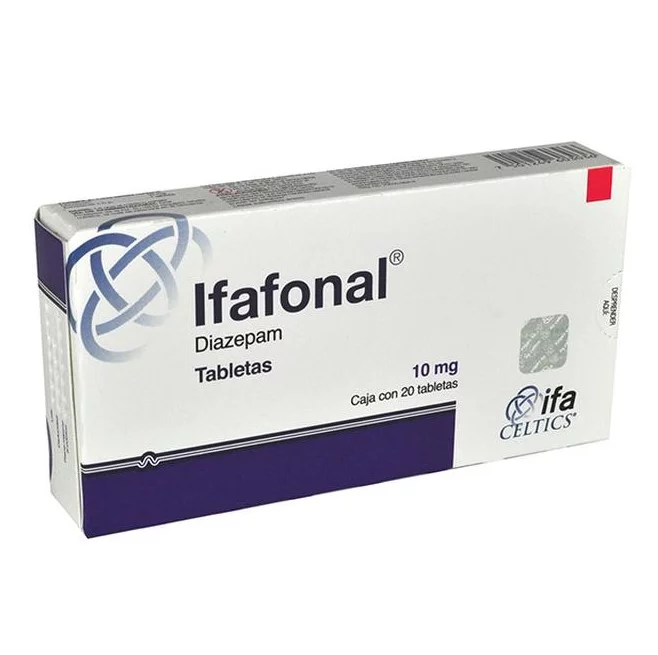
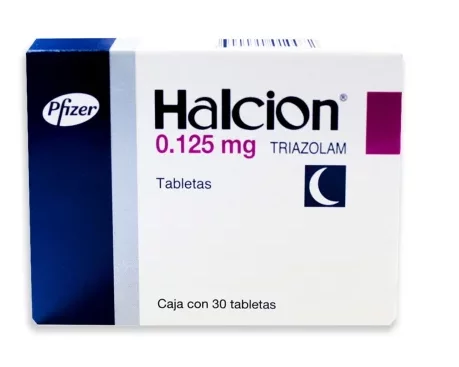
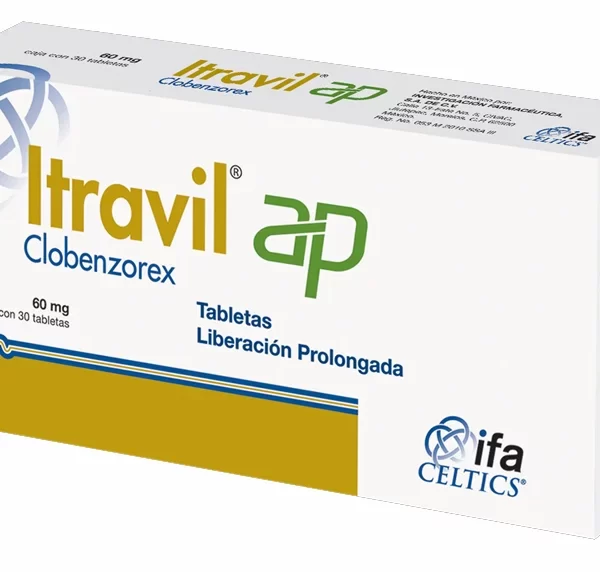



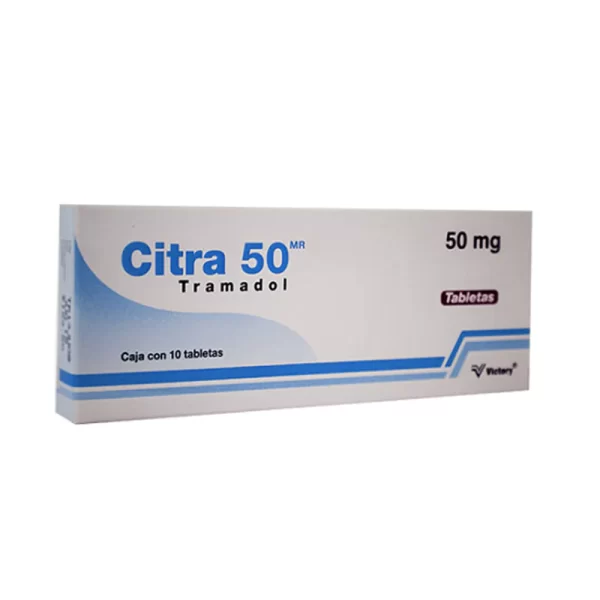
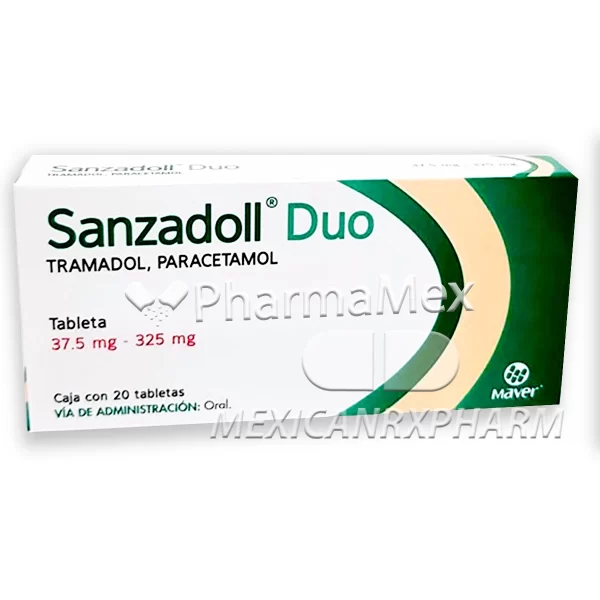
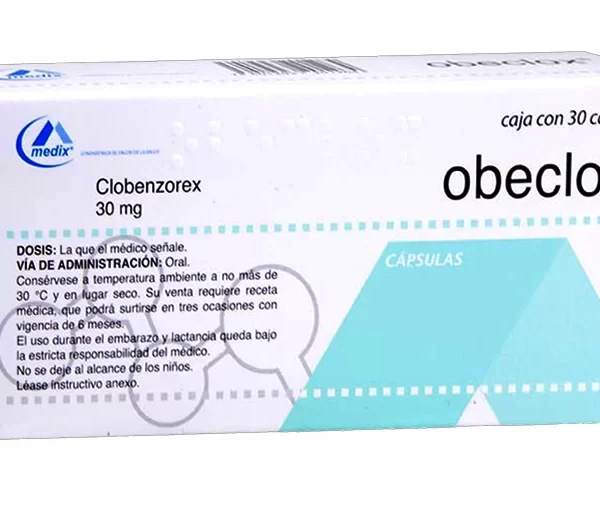

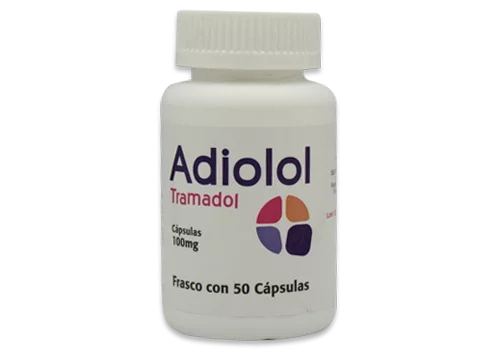
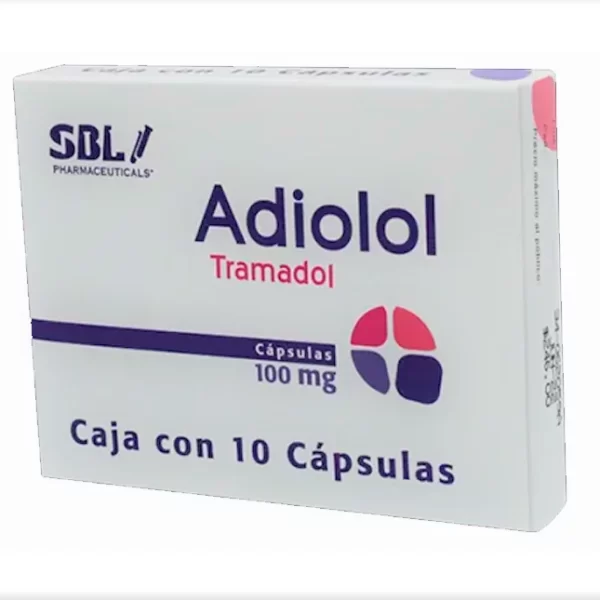
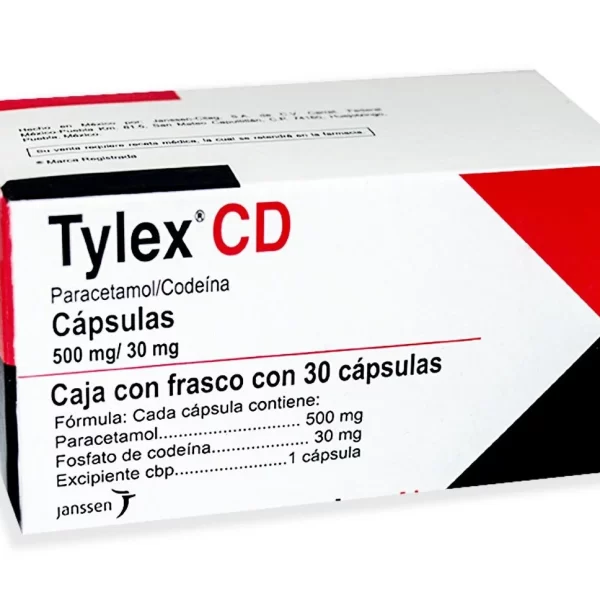
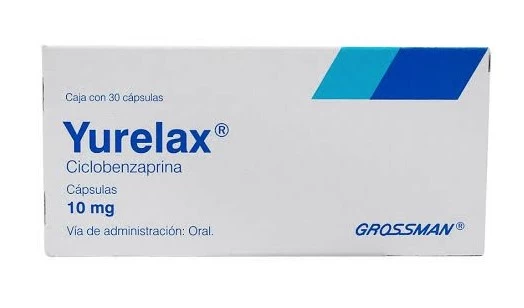
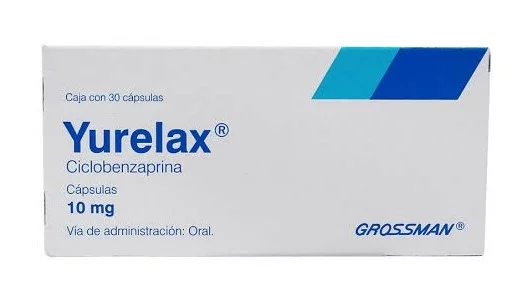

Reviews
There are no reviews yet.